
Here are the top 10 common relapse triggers you might encounter during your recovery journey. Understanding these triggers can help you stay motivated and on track with your recovery goals, ultimately leading to a healthier, happier life. A post-traumatic stress disorder (PTSD) trigger can include any sound, sight, smell, thought, or another reminder of a traumatic event.
Internal and External Triggers
- Individuals may suffer from uncontrollable drug or alcohol cravings when exposed to certain cues.
- A post-traumatic stress disorder (PTSD) trigger can include any sound, sight, smell, thought, or another reminder of a traumatic event.
- They are ashamed of the last time they relapsed and may have developed negative behaviors to cope with their thoughts.
- Learning tools to manage triggers can make a big difference in how you respond to — and ultimately cope with — them.
- Users in recovery can ask themselves some questions to help them understand their internal thoughts and feelings.
While many triggers can be negative experiences, it is important to note that positive events can trigger relapsing as well. While you can’t always avoid triggers, you can learn coping mechanisms and strategies to lessen their impact. At its core, a trigger is any stimulus, event, or situation that evokes a specific reaction, be it a memory, feeling, or the urge to indulge in an addictive behavior. While some triggers might seem obvious, others lurk in the shadows of our subconscious, waiting for the right moment to surface. Building and maintaining a strong sober support network is crucial in overcoming triggers during your recovery journey. These are the people who will be there for you, holding you accountable and providing much-needed encouragement when facing moments of vulnerability.
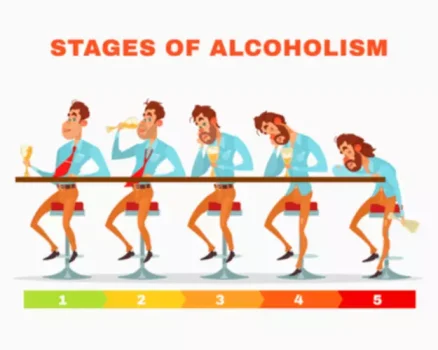
How to Identify and Cope With Your PTSD Triggers
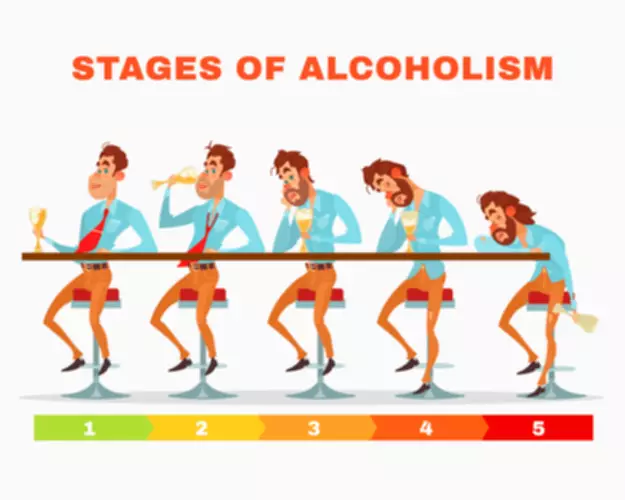
For someone who has suffered from physical or emotional abuse as a child, opioids may become their drug of choice, because opioids help to suppress emotional pain. A heroin addiction treatment center would likely provide family therapy and cognitive behavioral therapy to help the client to learn to address emotional pain without the need for opioids. While you may imagine that only negative feelings would serve as triggers, positive feelings can also lead to drug or alcohol cravings. You can avoid all the external triggers in your life and still have internal triggers that make you think about drug abuse or alcohol abuse again. After experiencing a trigger, a person may have big, negative feelings – overwhelm, powerlessness, fear, etc.
Physical Relapse
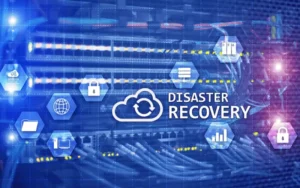
By developing adaptive coping skills and practicing self-care during transitions, you can continue on your path to recovery and avoid setbacks. Developing strategies for processing and navigating difficult emotions is vital to prevent emotional turmoil from leading to a relapse. This might include seeking professional help, such as therapy or counseling, to better understand and manage these emotions. By proactively addressing emotional turmoil, you can maintain your sobriety and continue on your recovery journey.
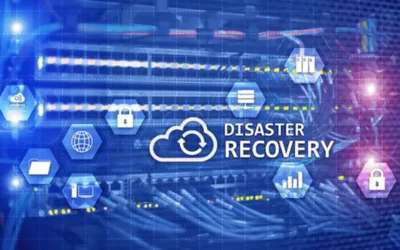
Take positive steps to manage your stress and anxiety, such as mindfulness, exercise, and speaking to a therapist or support group. Seeking professional help when faced with challenges internal and external triggers during your recovery journey is paramount. Therapy, counseling, and support groups are all great resources to help you on your path to recovery, offering essential tools and resources needed to maintain sobriety.
- Your therapist can also teach you tools and strategies for coping with cravings and triggers.
- Some people cope with stressful events more easily than others; consider the impact such events might have on people with mental illnesses.
- If we can’t control the trigger fully, we may be able to limit the emotional reaction to it before it becomes problematic and harder to address.
- We publish material that is researched, cited, edited and reviewed by licensed medical professionals.
- Dealing with mental relapse and understanding emotional relapse involves a constant internal battle between abstinence and temptation.
How to Help Someone Who is Experiencing a Relapse
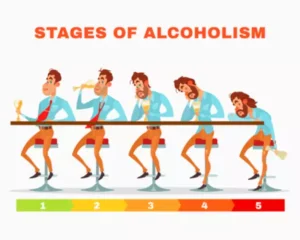
Therapy or treatment for distressing triggers can reduce the likelihood of one developing troubling compulsions and chemical use disorders. Therapists in rehab facilities can offer individuals tools and ideas that can be helpful while battling troubling emotions and compulsions. Additionally, individuals https://ecosoberhouse.com/article/consequences-of-drinking-and-driving-dui/ who suffer chemical use disorders can find help to decrease the risk of a relapse. Cognitive behavioral therapy to help individuals control their impulses, which can lower compulsions. Triggers are individualized experiences that vary widely from person-to-person.
- Avoid only focusing on what happens after a trigger; also focus on what can be done beforehand.
- We can have some control, and anything that gives us a little control over our mental illness can help keep us well.
- And if you can’t avoid these people in your life, you should consider limiting your time with them, even if it is a coworker or your employers; Limit how much time you spend with them in the office.
As a result, individuals with unchecked triggers can cope in harmful ways, foster unhealthy relationships, and endure much suffering. For example, a news report covering a trauma similar to what you experienced might trigger symptoms of PTSD. However, other cues are more subtle reminders that you might not even notice until after you’ve had a negative reaction. When you choose to get treatment at North Georgia Recovery Center, you can rest assured knowing that you will be treated by licensed therapists in our state-of-the-art facilities. Every one of our team members is certified to address and effectively treat the issues that come along with addiction.
Recognize that these friendships are harmful to you and be sure to cut the friendship off completely; a half-way ending to a bad friendship will be much less likely to succeed. Often a place may trigger a memory of an event, or smelling something, such as a particular cologne, may trigger your memory of a loved relative. The way that the brain links memories is a powerful tool that is used to help you recall important information, but that may also affect your recovery process. Support the creation of new tools for the entire mental health community. If a former drug user used to meet their dealer at a particular corner gas station, that gas station may become a powerful trigger.
